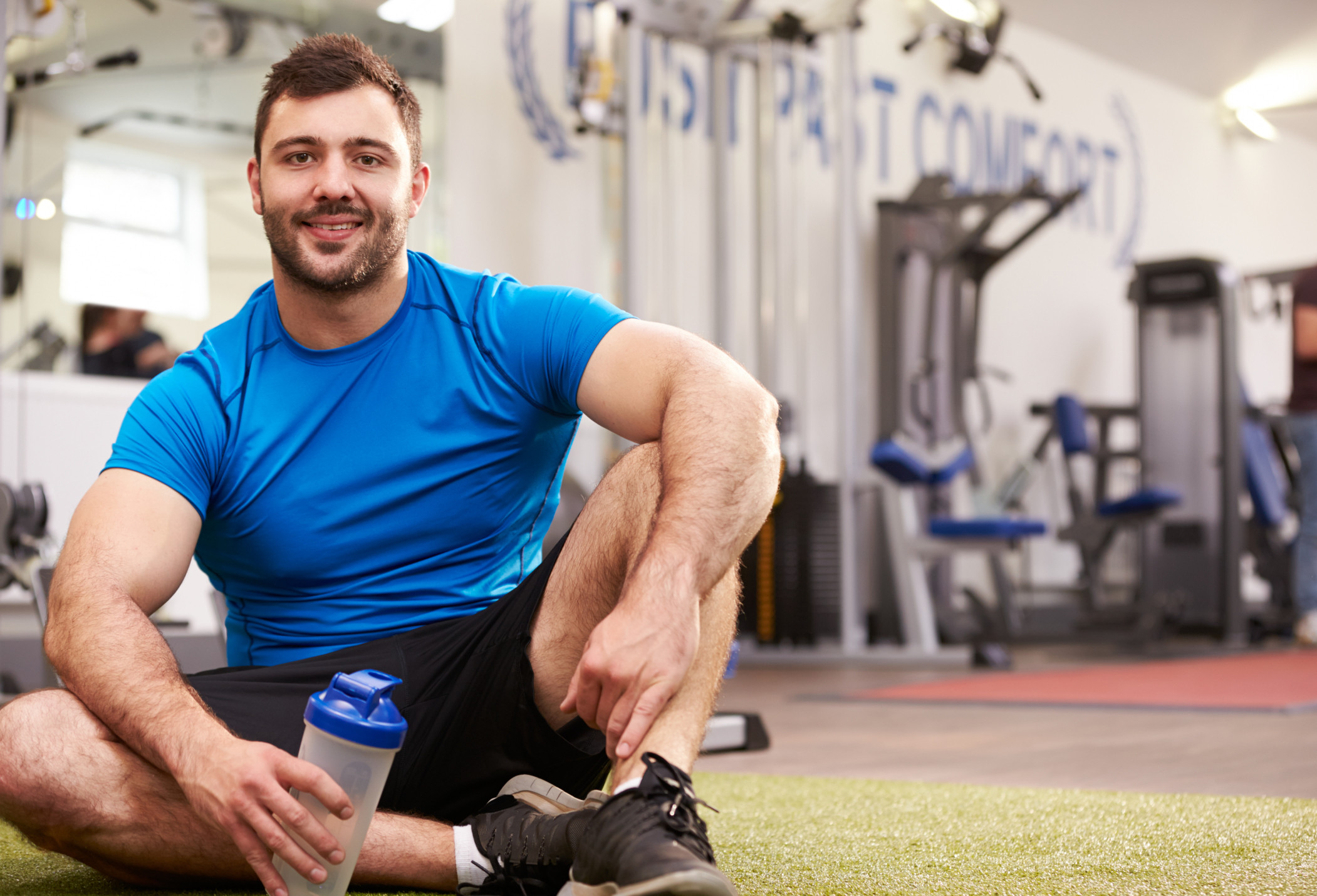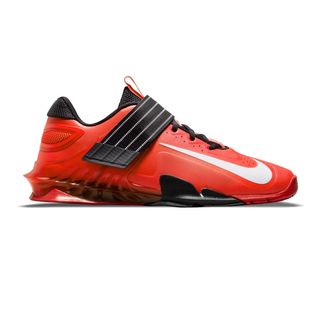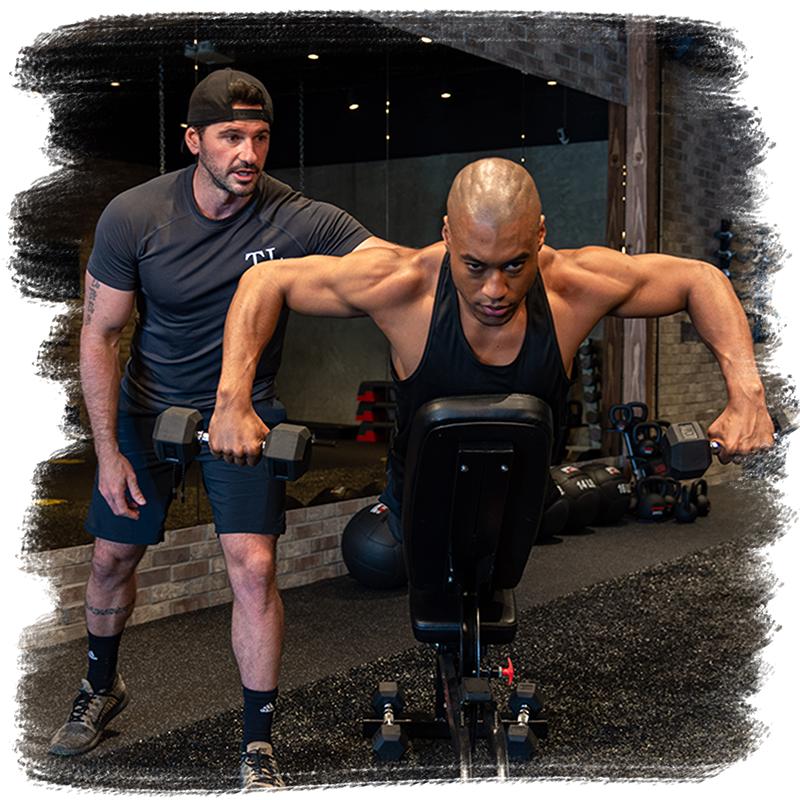
A personal trainer is an excellent choice if you want to get in shape. They can help set realistic goals and develop an exercise program to help reach them. If you're trying to lose weight or keep it off, personal trainers can also offer nutritional guidance.
If you're looking for a quality personal training program in the Buffalo, NY area, you're in luck. This city is home to many reputable fitness professionals. A personal trainer can be contacted at home.

Personal trainers should be able to answer questions about their qualifications as well how they run their businesses. Many personal coaches have their own studio that they provide individual attention to clients. This will ensure you have the best workout. Many offer a 1-year membership that includes access to the gym. The cost of a personal trainer will depend on their experience, location and the size of the facility they work out of.
A good personal trainer can help you get the best results. Referring someone who has worked with a respected trainer will help you decide if the personal trainer is worth your effort. You can also check with the local chamber of commerce to see if any local groups are sponsoring free or discounted personal training.
It might surprise you to know that it is possible to obtain a certification in personal training online. There are many companies out there who will provide you with a certification of your choice for a small fee. A certification can be purchased for as little $500 or more depending on your needs.

It is possible to obtain a certificate as a personal trainer in Buffalo, NY. While it might take some work to secure a job as a personal trainer, you can be on your way to your dream job in no time at all. You can get certified online in no time at all by using an internet service. You can have a personal training session with an online trainer, or work remotely. Check out these services online if you're interested in a career within the fitness industry. You can transform your life with the right personal coach! It is never too late if you want to get in shape. With the help of a qualified trainer you can make an ongoing commitment to your wellbeing and health.
FAQ
Exercise can I make my body gain weight?
Not at all. In fact, exercise helps you to maintain your current weight. When you work out regularly, you'll build muscles and increase your metabolism, helping you burn more calories throughout the day. This means that you won't store so much fat.
Is it safe for me to exercise in cold temperatures?
When possible, exercise outdoors. It's not just the air temperature that determines whether outdoor exercise is safe. Other factors include visibility, humidity, precipitation and wind speed. Layers of clothing will protect you from rain and wind chill if you exercise outdoors in inclement climates.
What is Nutrition Good for?
Nutrition helps your body function properly by supplying all the nutrients needed for proper growth and development. To ensure that your body receives adequate nutrition, it is best to eat a balanced meal with lots of fruits and vegetables, lean protein, whole grain, as well as healthy fats.
How does caffeine impact my sleep?
Caffeine effects how fast it takes to fall asleep and how much sleep you get. Caffeine induces drowsiness which makes it easier to fall asleep. You may stay awake for longer periods, which makes it more difficult to fall asleep. You should not drink energy drinks or coffee right before bed.
How many hours of rest should I get each evening?
The recommended sleep hours vary based on gender, age and individual needs. Most adults need between 7 and 9 hours of sleep per night. Children and teenagers need 10 to 12 hours of sleep per night. As they age, however, this number falls.
What is the importance and benefits of good nutrition for your health?
Nutrition is important for our health and well-being. Healthy eating includes whole grains, fruits, vegetables, lean protein, dairy, and other healthy foods. Eating nutritious foods helps us stay fit and active, which leads to better overall health.
Statistics
- Globally, 81% of adolescents aged 11-17 years were insufficiently physically active in 2016. (who.int)
- Globally, 28% of adults aged 18 and over were not active enough in 2016 (men 23% and women 32%). (who.int)
- In high-income countries, 26% of men and 35% of women were insufficiently physically active, as compared to 12% of men and 24% of women in low-income countries. (who.int)
- In 2018, the World Health Assembly agreed on a global target to reduce physical inactivity by 15% by 2030 and align with the Sustainable Development Goals. (who.int)
External Links
How To
How to Burn Belly Fats Quicker
Belly Fat is often thought of as a problem when trying to lose fat. However, Belly Fat can be beneficial if you really think about it. It's the amount of fat stored around your stomach that protects your organs from getting damaged. Let's find out how to lose belly fat quickly.
The main factors that contribute to our body fat accumulation are stress and inactivity. Because stress stimulates the release of cortisol hormone, it makes us hungry all the time. Cortisol can increase insulin levels in the blood. The insulin then stores extra calories as fat. An increased appetite can be caused by a lack of sleep. These extra calories are broken down through exercise.
There are many options to reduce belly weight. Any one of these can be tried, depending on how much you have to spend. Here are some quick tips to get rid of belly weight.
-
Reduce your food intake. You should eat smaller meals throughout the day than you would if you ate three big meals. You will eat less calories in general.
-
Drink plenty of fluids. Water flushes out toxins in your body and helps you stay hydrated. Water before each meal can help you feel fuller longer and reduce your appetite so that you don't overeat.
-
Avoid unhealthy snacks. If you're looking for quick fixes, snack foods like chips, cookies, candies, etc. It might sound tempting. These sugary treats have lots of empty calories so avoid them. Choose healthy alternatives like fruits and vegetables, nuts, seeds, whole grains, and seeds.
-
Strength training should be done at least three times per week. Strength training builds muscle mass and burns more calories when you're not working out. It strengthens bones muscles ligaments, tendons and the heart.
-
Walk or stretch regularly. Stretching can improve flexibility, mobility, and reduce back pain. Walking is great for burning calories, especially brisk walking for 30 minutes.
-
Reduce alcohol intake. Your diet is empty of calories, and alcohol has no nutritional content.
-
Slowly lose weight. Finding out your current weight is the first step in losing weight. Then calculate your ideal weight by adding 5% to 10% of your total body weight. Once you have calculated your target weight, start reducing calorie consumption by 500-1000 calories daily until you reach your goal.
-
Avoid processed foods. These foods have high amounts of salt, sugar, and preservatives. Although they are convenient, processed foods don't have enough nutrients to sustain your health.
-
Don't skip breakfast! Breakfast improves concentration, memory, energy, and stamina. Include protein (like eggs) and fiber, like oats, in your breakfast.
-
Have regular bowel movements. Constipation or irregularity can lead to gas and bloating. Increase your fiber intake and drink lots of water.